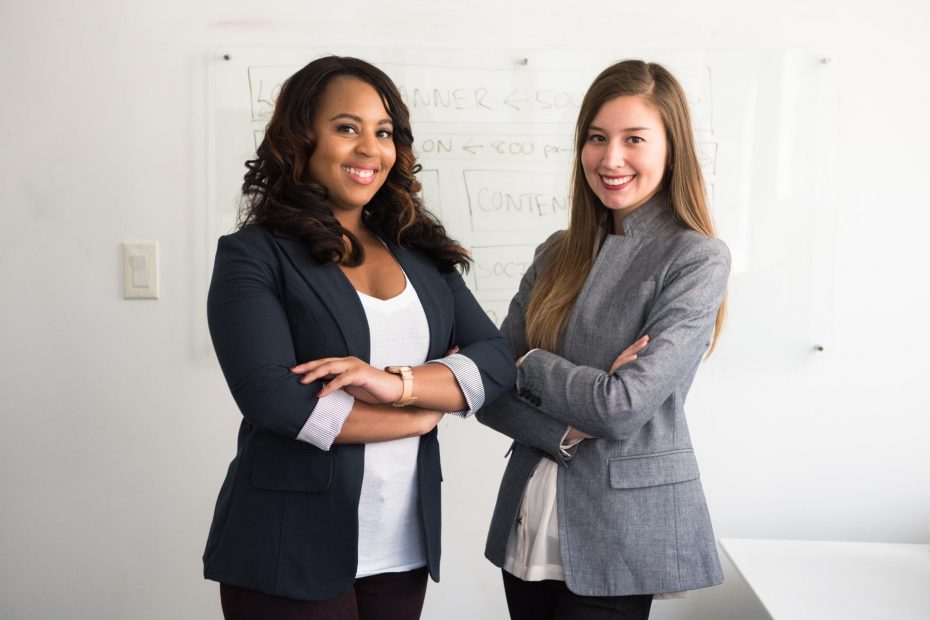The Small Business Administration’s (SBA’s) Women-Owned Small Business (WOSB) Federal Contracting Program is one of the numerous contracting programs which Congress has approved to give additional possibilities for WOSB to secure federal contracts. The program aims to help federal agencies meet the legislative requirement of allocating 5% of their federal contracting funds to WOSBs.
Every year, the federal government awards billions of dollars in contracts to women-owned businesses. In the FY2015, WOSBs received the first-ever 5.05 % or $17.8 billion of all federal small business qualifying contracts.
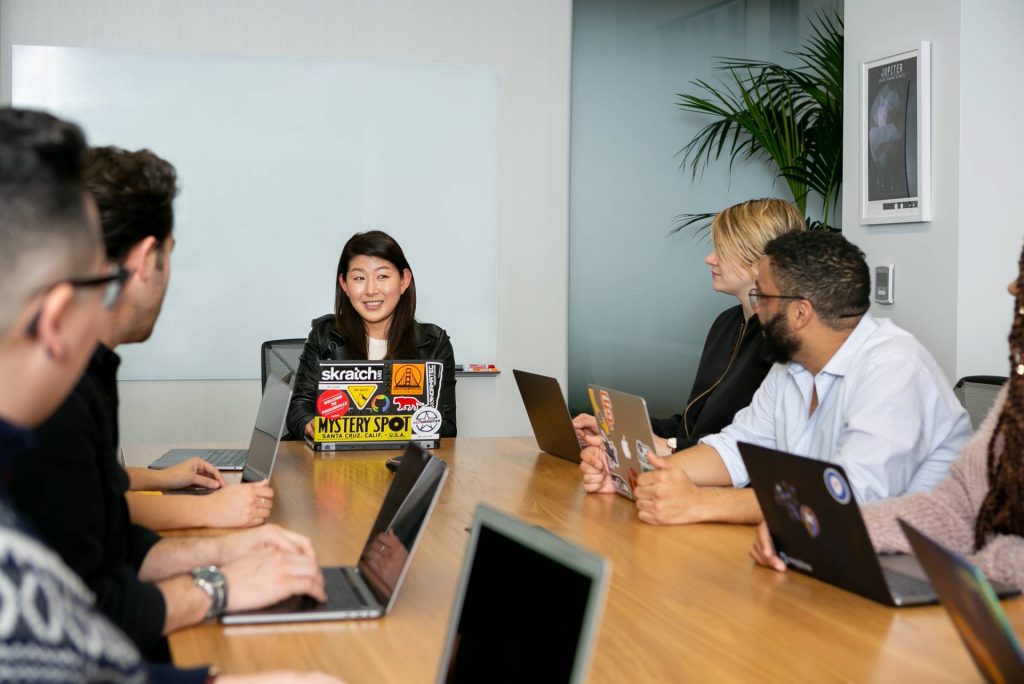
A. Challenges to Women-Owned Business
It is essential to realise that women-owned businesses aren’t all the same. Gender, colour, ethnicity, entrepreneurial drive, generation, and geography all play a role in how difficult it is to meet their demands.
- Gender inequality: Due to the covert but unfortunate gender bias, women get restricted opportunities to excel and move forward with the day-to-day operations of their businesses. Many networking events occur outside of normal business hours, making it difficult for women to participate owing to family obligations
- Minority: The gap between women of colour and non-minority women is growing wider every year. With the exception of Asian women-owned firms, the average revenue for businesses owned by women of colour decreased from 2014 ($67800) to 2019 ($65800).
- Access to Finances: Financial institutions’ scepticism of women-owned businesses is a major demotivator. For a long time, financial institutions and agencies have failed to meet women’s business requirements, especially when it comes to lending.
- Challenges of securing Bids: Government contracting can be a complicated procedure to navigate. From entry barriers to numerous policies, there are a lot of challenges to overcome before you start getting bids. It’s critical to utilise tools like BidFortune, which help you discover, analyze and succeed at government contracting.
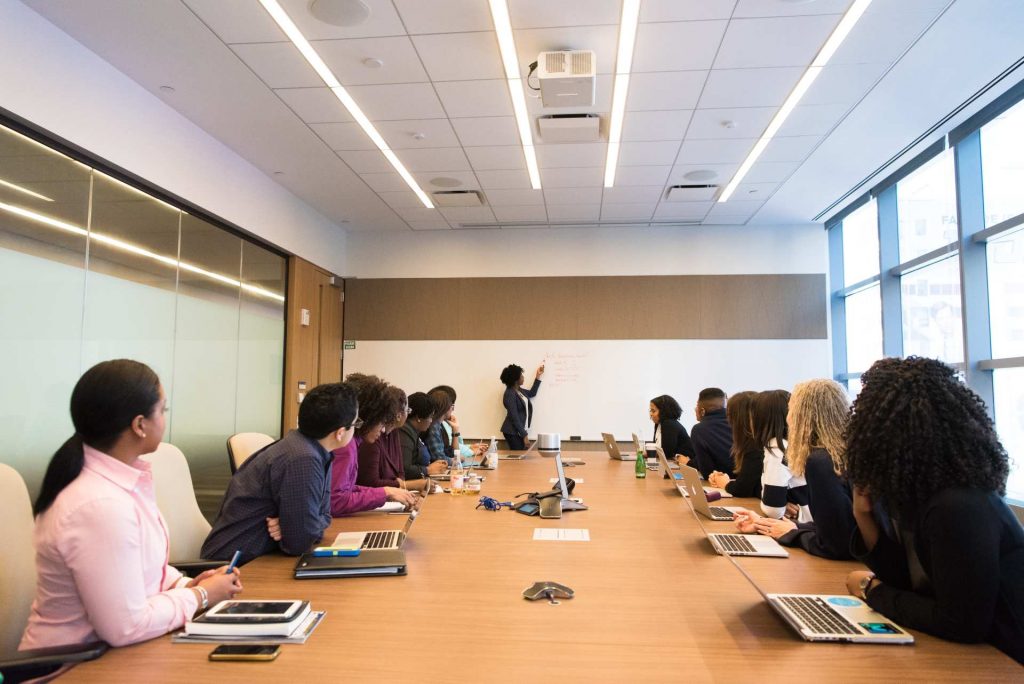
B. Women-Owned Small Business program
The federal government sets aside a number of federal contracts for Women-Owned Small Businesses in areas where they have been under-represented. Furthermore, to level the playing field, they limit competition by only accepting bids from WOSBs registered with the SBA. Additionally, some contracts are only open to Economically Disadvantaged Women-Owned Small Businesses (EDWOSBs)
- Eligibility Requirements
- To participate in the program women-owned small businesses must fulfil the following requirements:
- be a small women-owned business as defined by SBA.
- be owned unconditionally and directly by a woman or women who are citizens of the United States and manage at least 51% of the company
- Women must make the daily operations and the long-term business decisions.
- be accredited by a federal or state agency, the SBA, or an SBA-approved national certification body.
- to be eligible for WOSB Federal Contracting Program set-aside contracts, companies can complete the new certification process on beta.certify.sba.gov.
- Economically Disadvantaged Women-Owned Small Business Requirements
- When it comes to WOSB contracting, economically disadvantaged women-owned small businesses (EDWOSBs) must:
- meet all the WOSB contracting program requirements
- owned and controlled by one or more women with a combined personal net worth of $750,000 or less
- be owned and controlled by one or more women with a combined adjusted gross income of $350,000 or less over the previous three years.
- be owned and operated by one or more women with a combined personal asset of $6 million or less (including the business value and primary residence)
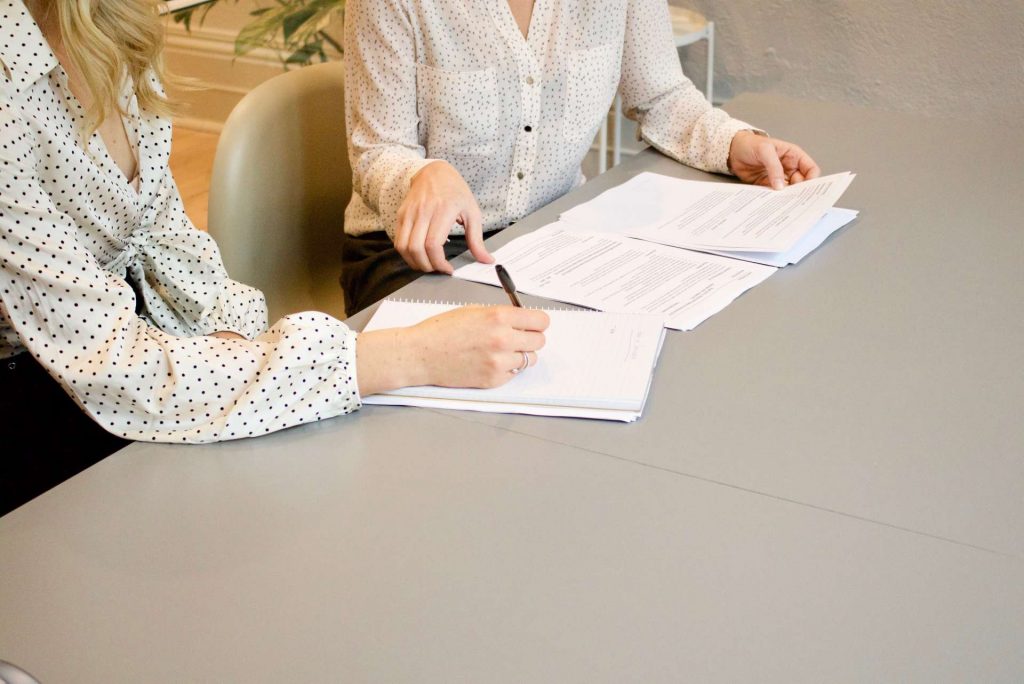
- WOSB Program Certification options
- To be eligible for the WOSB Contracting Program, the business must be a qualified WOSB, either through self-certification or third-party certification.
- WOSB Businesses can apply for certification through beta.certify.sba.gov available on the SBA website
- Use an approved third-party certifier. SBA has certified the following four organisations to act as third-party certifiers:
- National Women’s Business Owners Corporation (NWBOC)
- Women’s Business Enterprise National Council (WBENC)
- The El Paso Hispanic Chamber of Commerce (EPHCC)
- The U.S. Women’s Chamber of Commerce

- WOSB Federal Contracting Program Support
It is possible to get support from the WOSB Federal Contracting programme in several ways. SBA Provides:
- Resource Partners
- SBA Local Assistance Tools
- Webinars on a variety of WOSB and EDWOSB certification-related topics
- Certification process and tools available to assist small businesses
- Keeping WOSB certification up to date
To maintain their WOSB or EDWOSB certification, SBA requires participants to:
- Submit Annual attestation within 30 days of the anniversary date of certification.
- undertake a programme examination every three years either by SBA or a third-party certifier
Businesses can keep their certification as long as they submit their yearly attestation 30 days before it expires.

C. Federal Contract Tips for Women-Owned Businesses
- Differentiate Your Company: Accreditation helps women-owned businesses to stand out as some government contracts are solely open to women-owned businesses.
- Concisely Describe Your Expertise: Creating a Capabilities Statement about your company will help you back up your bid and make it stronger.
- Networking: Participating in relevant events and proactively networking with important contacts might help shorten the buying cycle in getting government contracts.
- Register for Bid Notifications: Various organisations accept bids over a time period. You can sign up for bid notifications online or use applications like BidFortune to receive new bid notifications right in your mailbox.
- Seek assistance in bidding for government contracts: Look for resources that give practical support to small businesses interested in government contracting, like:
a) Association of Procurement Technical Assistance Centers (APTAC)
b) Women Impacting Public Policy (WIPP)
c) SCORE
d) ChallengeHER - Utilise Training Programs: Numerous government entities offer free training in areas where WOSB can increase their chances of securing government contracts. A good example, Women’s Business Centers (WBCs) overseen by the Office of Women’s Business Ownership (OWBO)
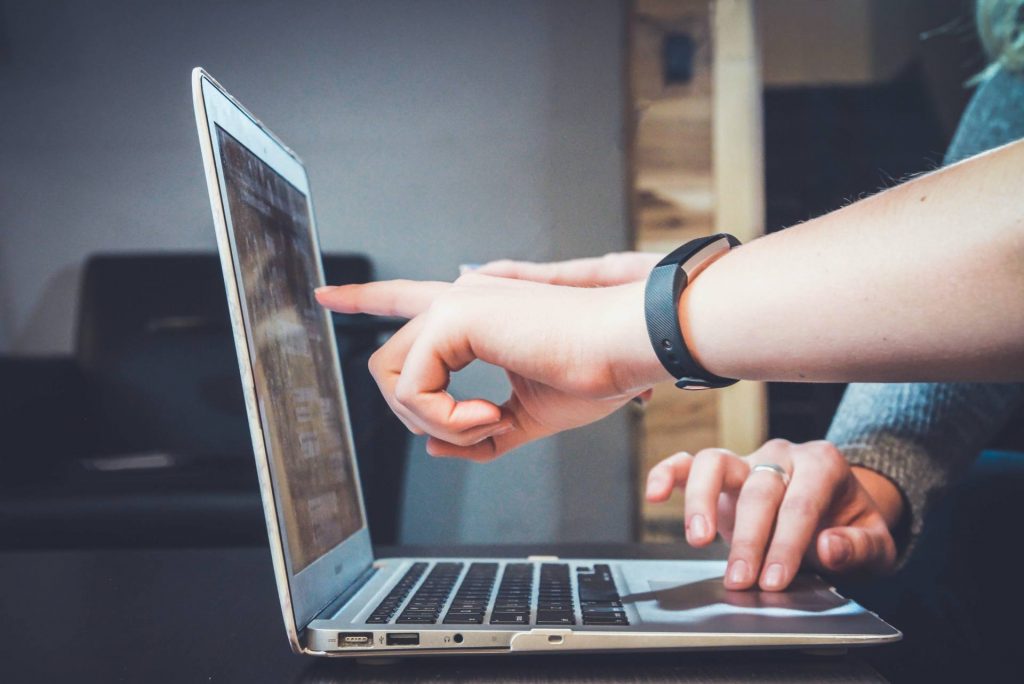
D. Areas of opportunity for Women-Owned Businesses
- Health Care and Social Assistance: According to the state of the women-owned business report of 2019, From 2014 to 2019, healthcare and social assistance businesses increased from 1.7 million to 1.9 million. In addition to medical equipment, women-owned businesses could look at government contracting opportunities in electronic health record maintenance, psychological counselling, patient experience, child daycare etc
- Accommodation and food services: Despite being one of the most severely affected sectors by the COVID-19 epidemic, the accommodation and food services industry continues to thrive. Women-owned businesses have opportunities to grow by providing food services in hospitals, nursing homes, schools, and retirement homes.
- Support and waste management services: Globally, the waste management sector is worth $1.4 trillion and proves to be a lucrative sector for women-owned businesses. Especially in trash collection and recycling for homes and businesses including decontamination and medical waste disposal.
- Professional, scientific and technical services: Between 2014 and 2019, the number of businesses offering professional, scientific and technical services increased from 1.4 million to 1.6 million. Women-owned Businesses can seek opportunities with the government in public relations, bookkeeping, network assistance as well as research and development.
- Education: With the shift to remote work, the need for online learning has opened new opportunities for government contracting. Women-owned businesses that offer K-12 and higher education online learning solutions should seek educational institutions for contracting opportunities.
- Other services: Women-owned businesses in pet care are benefiting from the growing industry in pet food and snacks, veterinary treatment, supply sales, pet insurance firms and accessories. Annually, these sectors bring in millions of dollars in revenue. According to a new research report by Global Market Insights, Inc., the U.S. pet industry revenue is expected to reach $103.6 billion by 2027.
While the process of qualifying, bidding and getting government contracts might be intimidating at first. Government contracting, however, offers numerous opportunities for women-owned small companies to scale. With the government’s focus on improving the status of small businesses, women have more options to land lucrative government contracts. BidFortune provides businesses of all sizes with tools they need to discover, analyse, and compete for government bids.
Sign up for the free trial here.
